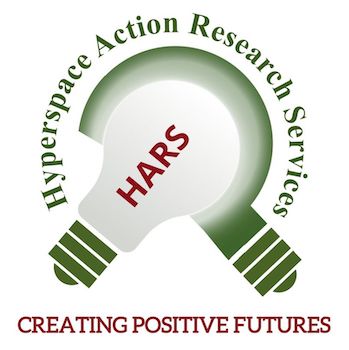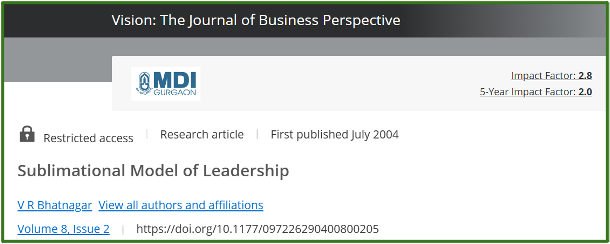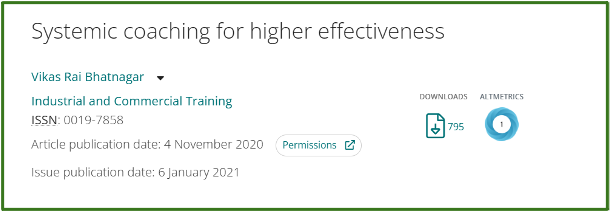
Why a psycho-socio-technical model of transformational learning will better prepare students for a rapidly changing world.
Gen Z students are seeking business programs that offer flexible delivery, meaningful social interactions, and humanistic approaches. Jack Mezirow’s theory of transformational learning can serve as a foundation for delivering student-centric curricula that require self-paced learning, incorporate peer evaluation, and encourage self-discovery. To answer the global call for inclusive lifelong learning opportunities, business schools can […]









